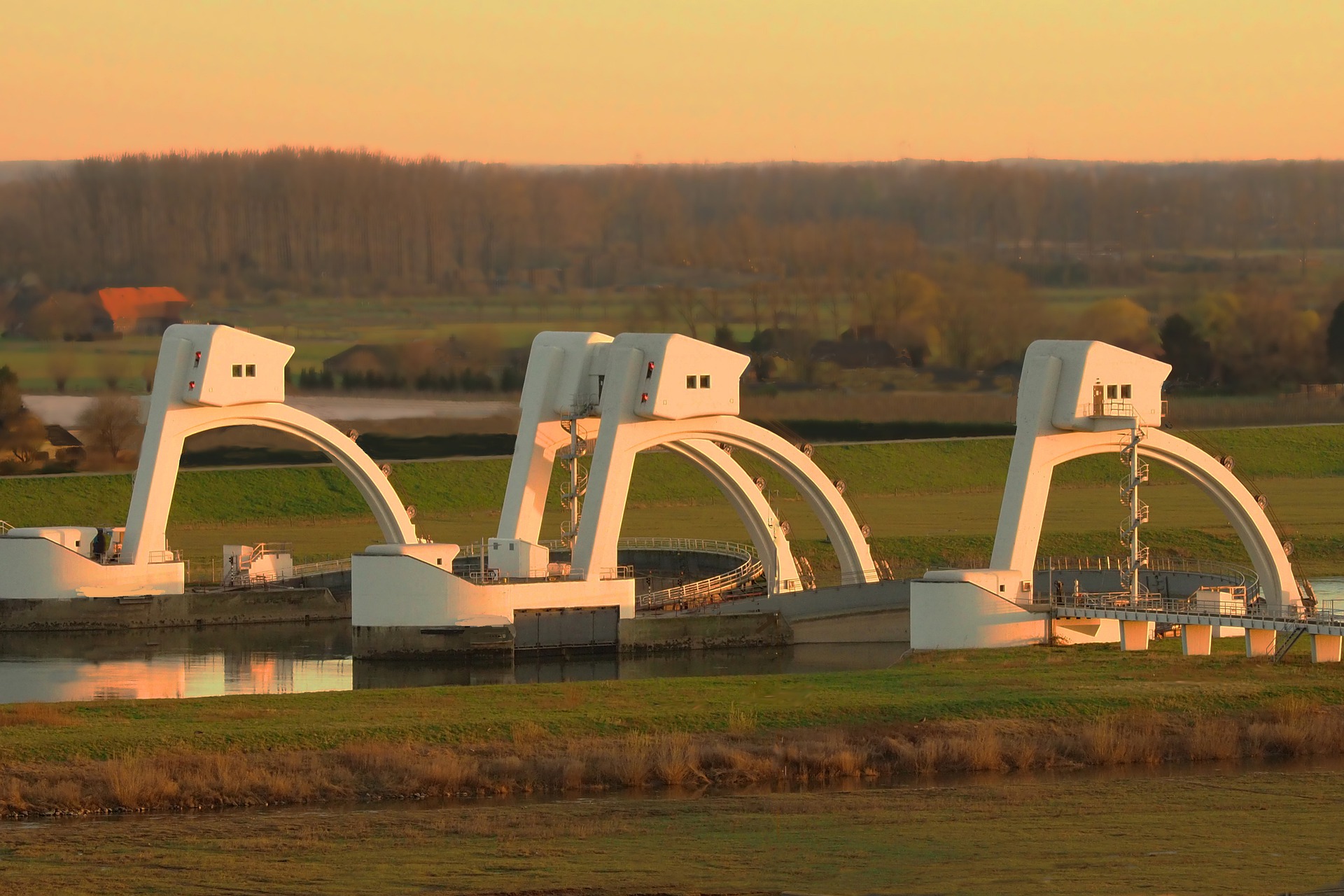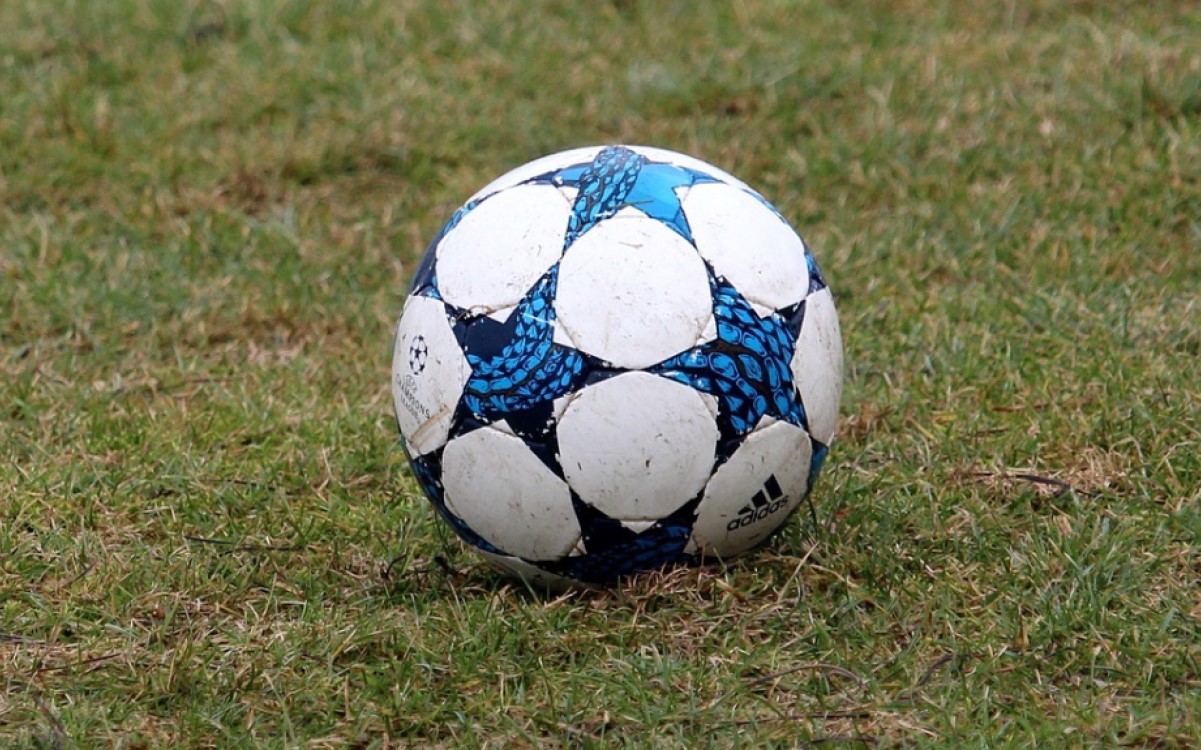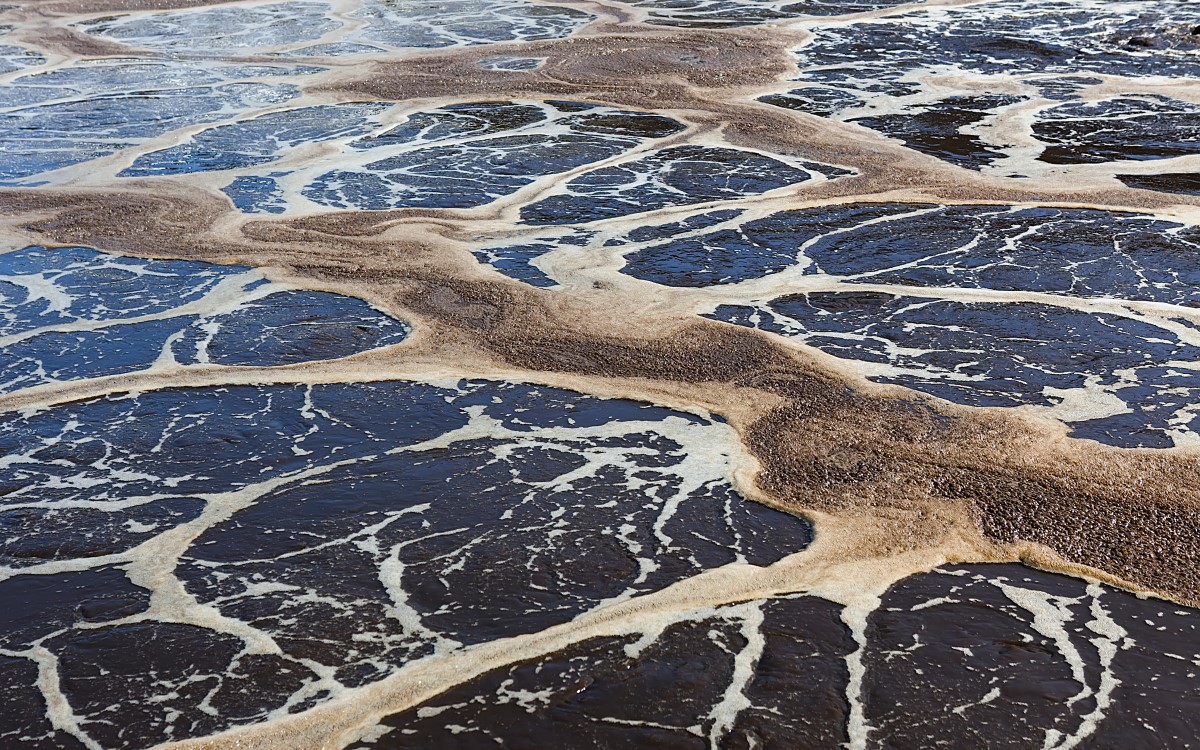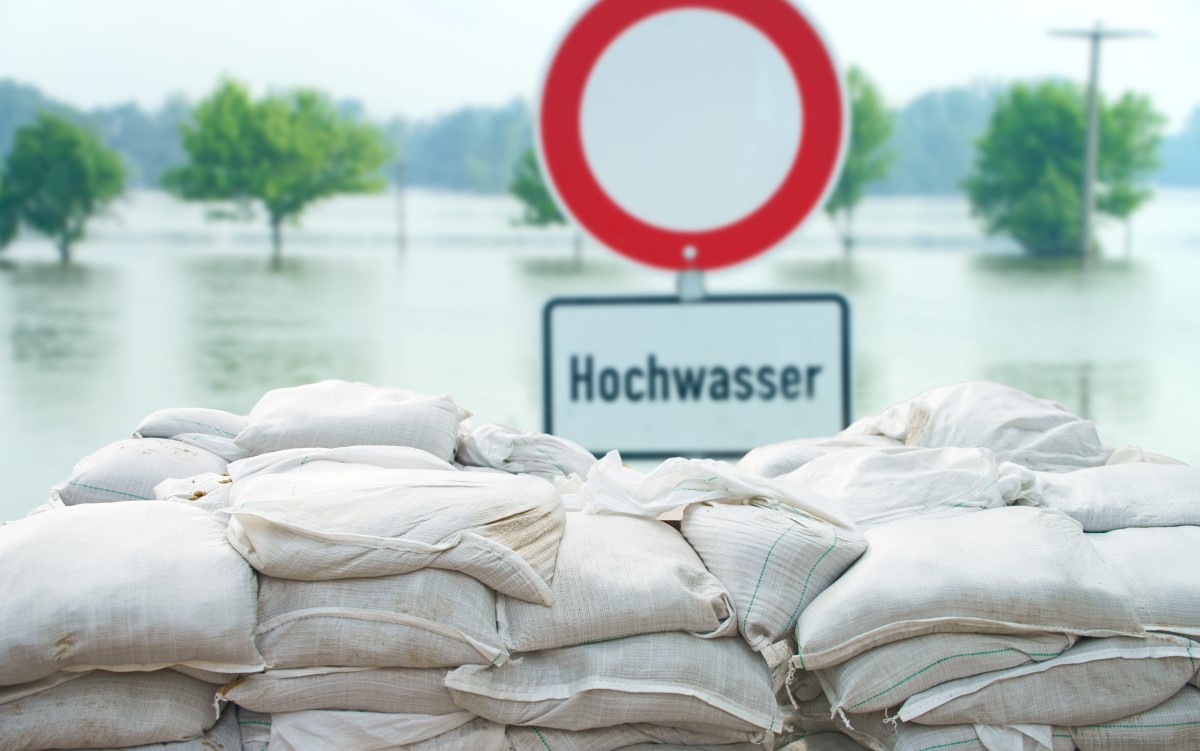RIWA is the association of Dutch drinking water companies using surface waters, such as river water, for the preparation of drinking water. RIWA-Rijn calls for better discharge permits and more stringent enforcement to further reduce concentrations of undesirable substances in Rhine water.
The need to improve the water quality of the Rhine still exists – particularly because of the importance of drinking water. Gerard Stroomberg, Director of RIWA-Rijn: “Millions of people depend on the Rhine for their drinking water. A cleaner Rhine is therefore of vital importance. Not only in the Netherlands, but also in the other countries through which the Rhine flows”. While the concentration of some unwanted substances is decreasing, new substances are replacing them as well. Therefore, also in the years to come, substantial efforts will be required to improve water quality.
Make permit applications fully available for the public
Although granting a permit is a public process, not all the information from an application appears to be public, straightforward, and/or digitally accessible. According to the Århus Convention, the environmental information collected for the purposes of a permit should be public, but in practice this is often not the case. RIWA-Rijn therefore also wants all environmental information from permits and applications for permits for large industrial discharges to be made centrally accessible via the Rhine Commission.
Take drinking water interests more into account
A positive development in the Netherlands is that the consequences of a discharge for drinking water intake are better anchored in both the general assessment method (ABM) and the emission test in the permit process. RIWA-Rijn is also pleased that, in the ‘View of discharge permits’ project for 66 existing discharge permits, Rijkswaterstaat checked whether they are up-to-date, adequate and complete. A next step would be for Rijkswaterstaat to sensibly check all (around 800) permits in the coming years. RIWA-Rijn would like this to be done with the permits issued by regional authorities for both direct and indirect discharges into the entire Rhine.
Ambitious Rhine 2040 program
In this program, the conference of the ministers concerned and representatives of the countries in the Rhine catchment, have set an ambitious target for 2040: Even the, the Rhine must still be usable as a source for drinking water production with as simple and natural treatment methods as possible. To achieve this, Emissions of micro-pollutants into the Rhine must be reduced by at least 30% compared to the period 2016–2018.
Further information: www.riwa-rijn.org.







